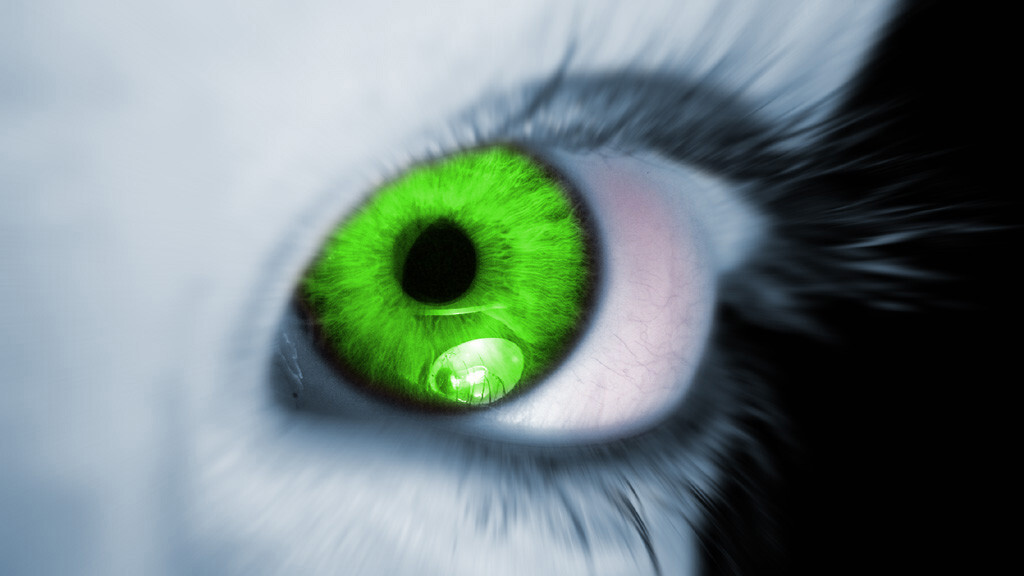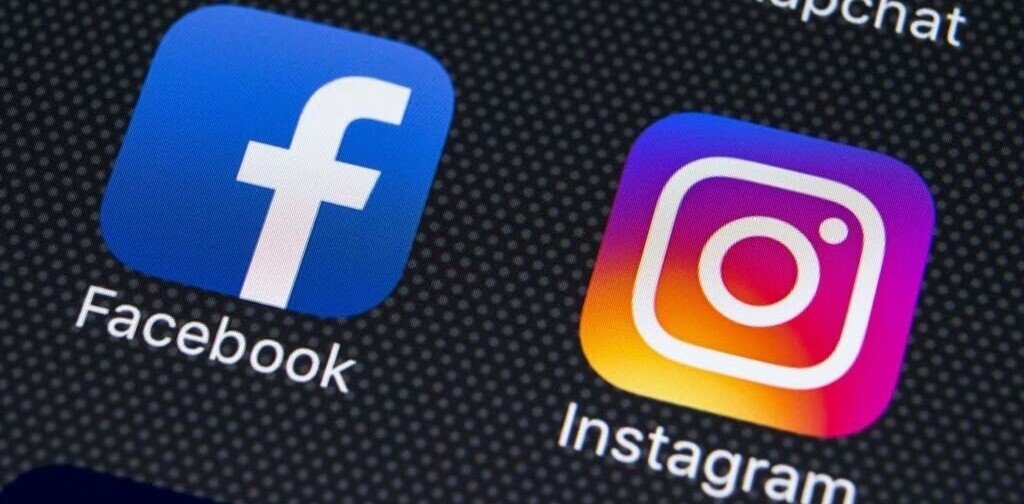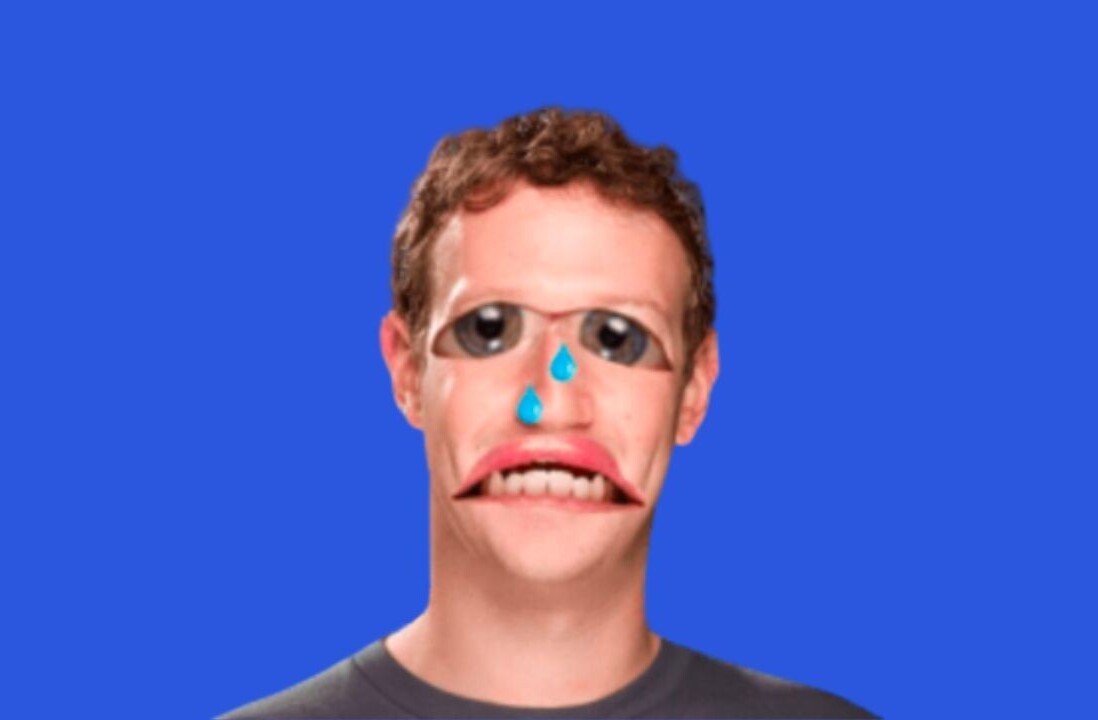
A unique phenomenon is starting to develop among friends online and in social media, in which envy is encouraging actions that in turn, are a huge benefit to brands. A recent survey published by Teletext Holidays in the UK shows how people are encouraged to book a holiday after seeing their friends’ holiday snaps on Facebook.
A touch of the green eyed monster is hardly a new thing but the way in which it’s transforming online culture and turning people into resellers without them even knowing is interesting. It also represents a huge opportunity for brands, to approach social media a little bit differently, and look to your consumers to help you encourage new customers amongst their friends, instead of forcing the sale through your own social media activities specifically.
Photo Envy
The survey by Teletext Holidays provided fascinating results into the actions of people online and how this translates into sales. They surveyed 3,000 holidayers from the UK and found that a staggering 13% had booked their holiday after viewing their friends holiday photos on Facebook. They were so impressed with what they saw that they were compelled to book a similar holiday themselves, spurred on by jealousy. Compare this to the fact that in the same survey, nearly 50% of respondents claimed they had posted pictures of their own holiday, and the potential here is evident. With so many of us sharing content and inciting others, there is almost an entirely new group of customers created. Without Facebook, arguably, that 13% may never have gone on to book to that particular destination, through a certain travel provider, or even have gone on holiday at all.

Indeed, 10% claimed that they weren’t previously considering a holiday, before their friend’s photos inspired them on to do so. Interestingly, 10% also admitted to ‘stretching’ the truth about just how good their holiday was. With more of us creating an idealised version of our lives through social media, it’s not surprising that friends feel compelled to copy the lifestyle a friend is embodying. And with travel it seems, that is occurring in a very real way.
Would you monetise your content?
At the moment, this is happening organically. These consumers weren’t incentivised to share their holiday photos with their friends by travel companies in any way, the only motivator was sharing an experience and, of course, a bit of showing off. But imagine if you knew that you had encouraged a certain number of friends to book the very same holiday. Would you not feel deserving of a referral discount or even promotional fee? Celebrities get this all the time for product endorsements, so the same thinking could very well cross over into individuals online. While this may seem like complete commercialisation of a social experience among friends, it represents nonetheless a huge, largely untapped business opportunity for brands.
 The outcome of an approach like this, is that it moves the social experience away from the brand itself, as it transfers over to the consumer completely. Instead of encouraging your fans to post content through your own Facebook page for example, you’re incentivising them to use their own social channels, developing a referral programme for the social content created. The only question is, how many people would really be comfortable doing this? It’s one thing to share something with your friends from a purely social motivation, but this becomes something completely different when a brand is commercialising this activity. And the risk the brand is taking here, is that by trying to encourage the sale, the individual’s friends see straight through this and are a lot more unlikely to go through to a purchase. It shows the need for a new type of commerce among friends, one that is much more social, without interfering with the ultimate aim of networking among friends online.
The outcome of an approach like this, is that it moves the social experience away from the brand itself, as it transfers over to the consumer completely. Instead of encouraging your fans to post content through your own Facebook page for example, you’re incentivising them to use their own social channels, developing a referral programme for the social content created. The only question is, how many people would really be comfortable doing this? It’s one thing to share something with your friends from a purely social motivation, but this becomes something completely different when a brand is commercialising this activity. And the risk the brand is taking here, is that by trying to encourage the sale, the individual’s friends see straight through this and are a lot more unlikely to go through to a purchase. It shows the need for a new type of commerce among friends, one that is much more social, without interfering with the ultimate aim of networking among friends online.
The reality of Facebook envy
Inducing envy in your customer is one of the oldest tricks in the advertising handbook. Present your audience with a lifestyle that they would aspire to, make them question how they can achieve this, then present the perfect solution in the shape of your brand/product/service. And the benefit for advertisers now is that, evidently, many of us are feeling more envious, the more time we spend on social media. The more we become subjected to endless photos and updates of perfect lives, the more we question our own lives. We are effectively becoming advertisers of lifestyle, developing keenly the tricks of the advertising trade, though sometimes unkowingly. The intention of sharing your best moments of course, is to let your friends experience this with you, not directly to make them feel worse. Yet that’s happening more and more in social media.
A research paper looked at the idea of envy on Facebook and found an increase in the number of people feeling dejected after seeing their friends’ perfect lives. Of course, the reality is rarely reflected completely accurately online, making us masters of false advertising. This trend represents, in some way, a more worrying opportunity for brands. Trading in human emotion is what has kept good advertising going for years. Only now that’s crossing over online and consumers are beginning to do the job of the brands. How far would some brands go to caplitalise on this?
Get the TNW newsletter
Get the most important tech news in your inbox each week.





